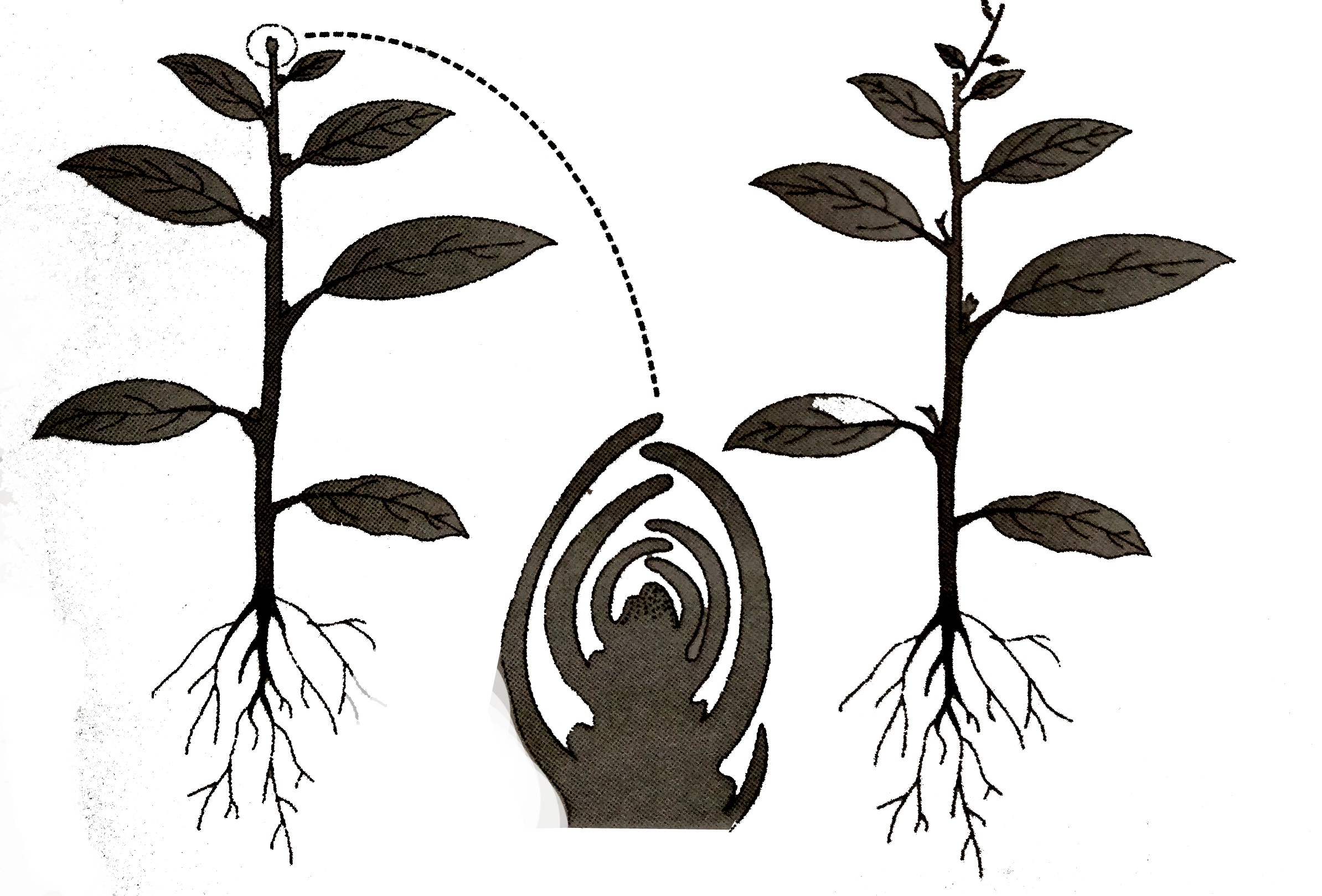The hormone responsible for maintaining the diurnal rhythm and sexual behaviour in animals is
FSH
aldosterone
androgens
melatonin
The correct Answer is:D
To solve the question regarding the hormone responsible for maintaining the diurnal rhythm and sexual behavior in animals, we can follow these steps:
1. Understanding the Question:
- We need to identify which hormone is linked to maintaining the diurnal rhythm and sexual behavior in animals.
2. Analyzing the Options:
- The options provided are:
- A. FSH (Follicle Stimulating Hormone)
- B. Aldosterone
- C. Androgens
- D. Melatonin
3. Evaluating Each Option:
- FSH (Follicle Stimulating Hormone):
- This hormone is produced by the pituitary gland and is primarily involved in the growth of ovarian follicles in females and spermatogenesis in males. It does not play a significant role in maintaining diurnal rhythms.
- Aldosterone:
- Aldosterone is a hormone produced by the adrenal glands that regulates sodium and potassium levels in the body. It is not involved in diurnal rhythms or sexual behavior.
- Androgens:
- Androgens, such as testosterone, are hormones that influence male sexual characteristics and reproductive functions. While they are involved in sexual behavior, they do not regulate diurnal rhythms.
- Melatonin:
- Melatonin is produced by the pineal gland and is crucial for regulating the sleep-wake cycle (diurnal rhythm). It also influences various physiological processes, including sexual behavior.
4. Conclusion:
- Based on the analysis, the hormone that maintains the diurnal rhythm and influences sexual behavior in animals is Melatonin.
Final Answer:
The hormone responsible for maintaining the diurnal rhythm and sexual behavior in animals is Melatonin.
---
- We need to identify which hormone is linked to maintaining the diurnal rhythm and sexual behavior in animals.
- The options provided are:
- A. FSH (Follicle Stimulating Hormone)
- B. Aldosterone
- C. Androgens
- D. Melatonin
- FSH (Follicle Stimulating Hormone):
- This hormone is produced by the pituitary gland and is primarily involved in the growth of ovarian follicles in females and spermatogenesis in males. It does not play a significant role in maintaining diurnal rhythms.
- Aldosterone:
- Aldosterone is a hormone produced by the adrenal glands that regulates sodium and potassium levels in the body. It is not involved in diurnal rhythms or sexual behavior.
- Androgens:
- Androgens, such as testosterone, are hormones that influence male sexual characteristics and reproductive functions. While they are involved in sexual behavior, they do not regulate diurnal rhythms.
- Melatonin:
- Melatonin is produced by the pineal gland and is crucial for regulating the sleep-wake cycle (diurnal rhythm). It also influences various physiological processes, including sexual behavior.
- Based on the analysis, the hormone that maintains the diurnal rhythm and influences sexual behavior in animals is Melatonin.
The hormone responsible for maintaining the diurnal rhythm and sexual behavior in animals is Melatonin.
Topper's Solved these Questions
Similar Questions
Knowledge Check
The hormone responsible for anger is
AadrenalineBgrowth hormoneCoestrogenDinsulinThe hormone responsible for ageing is
AGABLAACABADCytokininHormone responsible for ageing is
AGABI A ACABADcytokinin
Hormone responsible for cretinism is
View SolutionHormone responsible for ovulation is
View SolutionThe hormone responsible for growth in human is
View SolutionWhich of the following statements are correct ?
1. The hormone responsible fore maintaining the diurnal rhythm of the body is secreted by a gland situated on the dorsal side of thee forebrain .
2. Exophthalmic goitre is characterized by protrusion of eyeballs , weight loss , enlargement of the thyroid gland and decreases basal metabolic rate .
3. Addison's disease occurs due ti decreased production of hormones from the outer part of the adrenal gland.
4. Hyper secretion of parathormone cause an increase in the deposition of calcium in bones .
View SolutionHormone responsible for senescence
View Solution

